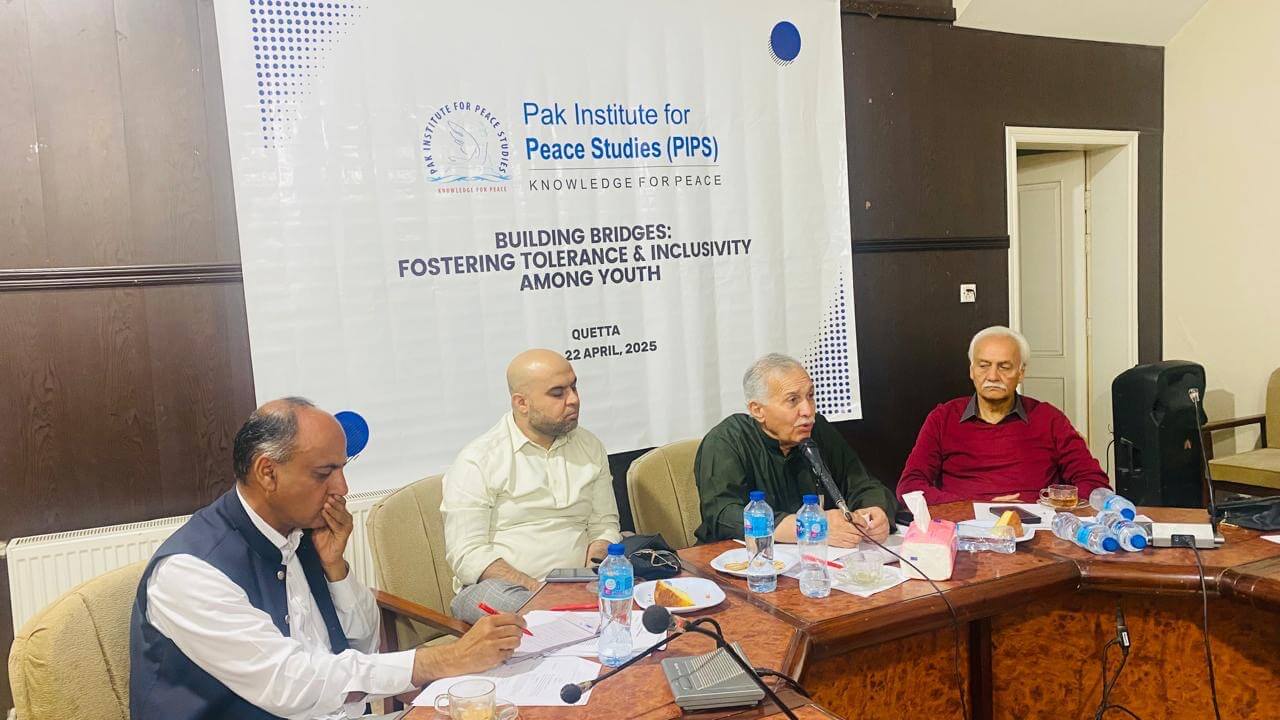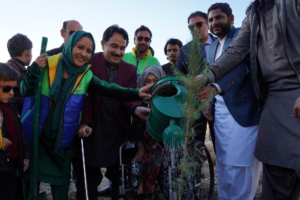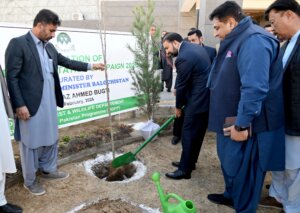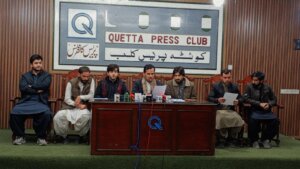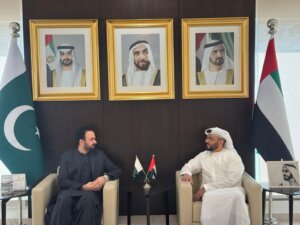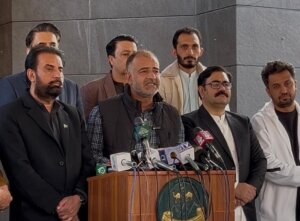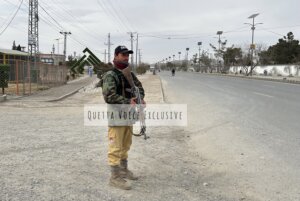News Desk:
Quetta – Participants at a two-day national workshop emphasized that true social cohesion in Pakistan can only be achieved through the full implementation of the Constitution, which ensures equal rights and peaceful coexistence among citizens of diverse ethnic, religious, and linguistic backgrounds.
The event, titled “Building Bridges: Fostering Tolerance and Inclusivity among Youth,” was organized by the Islamabad-based think tank Pak Institute for Peace Studies (PIPS) at a local hotel in Quetta. Students from universities, colleges, and seminaries in Quetta, Panjgur, and Noshki took part in the workshop, which brought together academics, journalists, religious leaders, and political activists.
Religious scholar Allama Akbar Hussain Zahidi stressed that the Constitution serves as a unifying document for the nation. He argued that many of Balochistan’s issues could be addressed by upholding the Constitution in both letter and spirit.
Senior journalist and former PFUJ president Shahzada Zulfiqar pointed out that intolerance towards diverse communities remains a major obstacle to unity in Pakistan. “The Constitution guarantees the rights of all citizens regardless of faith, ethnicity, or language,” he said, calling for mutual respect among all groups.
Professor Mir Sadaat Baloch, Pro Vice Chancellor of the University of Makran, highlighted governance challenges as a root cause of unrest in Balochistan, rather than terrorism. He urged the youth to reject violence and engage positively with society.
Maulana Abdul Haq Hashmi of Jamaat-e-Islami discussed the Paigham-e-Pakistan decree, issued in 2018, which condemns the imposition of one’s religious beliefs on others and promotes interfaith harmony.
Dr Aurang Zaib Nasar of BUITEMS encouraged universities to build students’ capacity and promote critical thinking, noting that students in Balochistan have greater academic opportunities due to less competitive pressure.
Poet and educationist Ali Baba Taj advised students to prepare for societal integration and professional life, while Dawn Bureau Chief Saleem Shahid emphasized that while the Constitution is amendable, it must be accepted by all as a framework for unity.
Yar Jan Badini, author and editor, advocated for the protection of Pakistan’s linguistic and cultural diversity, expressing concern over the undercounting of Balochi-speaking communities in the national census.
Human rights advocate Jalila Haider discussed the dual nature of tolerance, highlighting a disconnect between physical spaces and online platforms where intolerance often manifests. She underscored the importance of mutual respect across all societal levels.
In the closing session, PIPS President Muhammad Amir Rana concluded that inclusivity begins at home and must be reflected in public policy by uplifting marginalized communities and ensuring equal opportunities for all.
